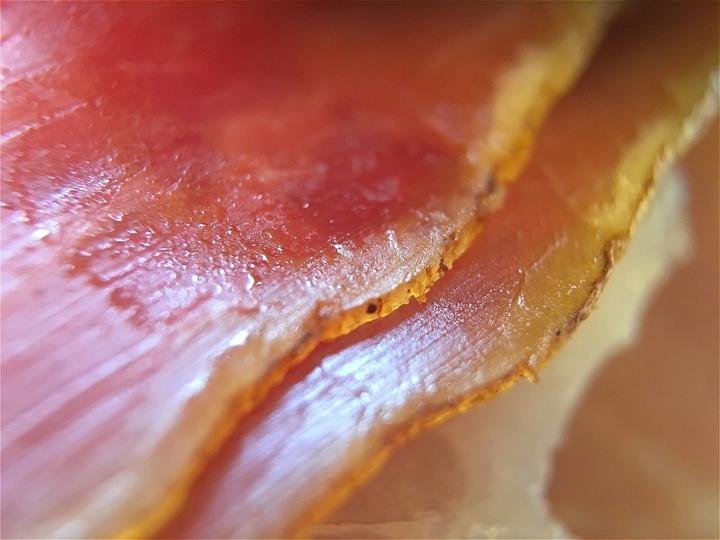Inside BENEO’s new pulse plant: pioneering sustainable protein from faba beans
Researchers grow muscle cells on edible fibers
Lab-grown or cultured meat could revolutionize food production, providing a greener, more sustainable, more ethical alternative to large-scale meat production. But getting lab-grown meat from the petri dish to the dinner plate requires solving several major problems, including how to make large amounts of it and how to make it feel and taste more like real meat.
Now, researchers at the Harvard John A. Paulson School of Engineering and Applied Sciences (SEAS) in the US, have grown rabbit and cow muscles cells on edible gelatin scaffolds that mimic the texture and consistency of meat, demonstrating that realistic meat products may eventually be produced without the need to raise and slaughter animals.
Animal meat consists mostly of skeletal muscle (and fat tissue) which grow in long, thin fibers — as can be seen in the grain of a steak or when shredding pork or chicken. Reproducing these fibers is one of the biggest challenges in bioengineering meat.
The researchers have used an in-house developed technique known as immersion Rotary Jet-Spinning (iRJS), which uses centrifugal force to spin long nanofibers of specific shapes and sizes. The team spun food-safe gelatin fibers to form the base for growing cells. The fibers mimic natural muscle tissue’s extracellular matrix – the glue that holds the tissue together and contributes to its texture.
The team seeded the fibers with rabbit and cow muscle cells, which anchored to the gelatin and grow in long, thin structures, similar to real meat. The researchers used mechanical testing to compare the texture of their lab-grown meat to real rabbit, bacon, beef tenderloin, prosciutto and other meat products.
Harvard’s Office of Technology Development has protected the intellectual property relating to this project and is exploring commercialization opportunities.

